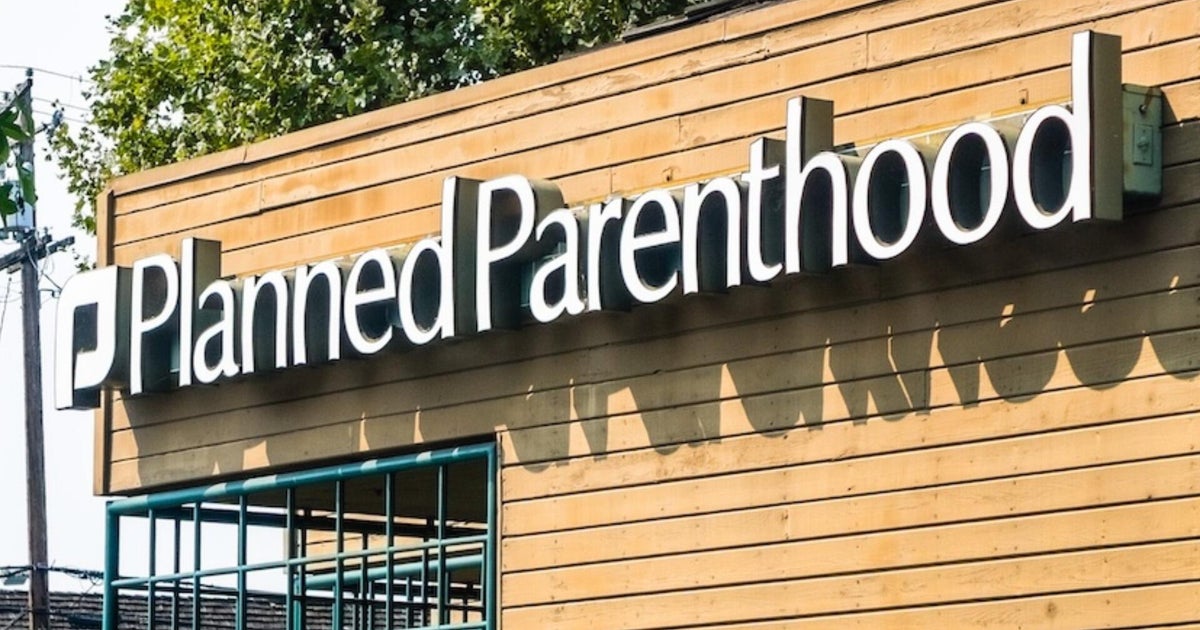The Escalating Struggle Over Healthcare and Abortion Rights: A Deeper Look into the Planned Parenthood and Medicaid Funding Controversy
In a significant development that underscores the ongoing contentious battle over abortion access in the United States, a panel from the U.S. appeals court has declared a decisive move that upholds the Trump administration’s decision to cease Medicaid funds allocated to Planned Parenthood, at least while legal challenges are pending in court. This heralds a crucial phase in the conflict, articulating the intersection of healthcare policy and reproductive rights under President Donald Trump’s administration.
Medicaid and Planned Parenthood: A Vital Nexus
Medicaid stands as a critical government healthcare program in the United States, designed to provide health coverage to millions of Americans who fall into the low-income or disabled category, extending a lifeline to those most vulnerable in society. A significant aspect of Medicaid’s importance can be emphasized by its role in facilitating healthcare access through Planned Parenthood, which serves as the country’s largest provider of reproductive health services, including but not limited to – abortion services, contraception, pregnancy tests, and STD testing.
Nearly half of the patients at Planned Parenthood clinics rely on Medicaid for their healthcare needs, underscoring the critical nature of this funding for the demographic that Planned Parenthood serves. However, the implication of the legal adjustment per the court’s recent ruling casts a substantial shadow on the continuous accessibility of these essential services to millions of Medicaid recipients.
The Core of the Legislative Changes
At the heart of this legal and political squabble is a provision nested within President Trump’s tax legislation dubbed the “One Big Beautiful Bill Act.” This provision specifically instructs the federal to halt Medicaid payments for a year to any abortion providers that amassed over $800,000 in Medicaid revenues in 2023. While federal funds have long been restricted from being used directly for abortion services—unless in conditions of rape, incest, or where the mother’s life is at risk as outlined by the Hyde Amendment—the recent legislative changes threaten to choke the broader spectrum of healthcare services that Planned Parenthood offers, far beyond the scope of abortions.
The Battlefront in Court
Reacting to these federal maneuvers, Planned Parenthood Federation of America, along with its affiliate entities in Massachusetts and Utah, propelled a lawsuit against Robert F. Kennedy Jr., who serves as the Secretary of Health and Human Services under the Trump administration. The lawsuit highlights a vigorous defense against what Planned Parenthood articulates as an assault on reproductive freedom. Dominique Lee, the President and CEO of the Planned Parenthood League of Massachusetts, sharply criticized the administration’s attempt, asserting their resolve by stating: “We will not back down. This is not over.”
Public and Political Reactions
The reaction to the appeals court’s decision was varied, reflecting a divided public and political response. From Planned Parenthood’s perspective, the ruling jeopardizes the operational capability of over 200 health centers, with more than 1.1 million patients unable to use their Medicaid insurance at these centers. This could potentially lead to a series of closures due to financial unsustainable.
On the flip side, a White House official lauded the ruling, marking it as a step towards “ending the forced use of Federal taxpayer dollars to fund or promote elective abortion,” a stance purportedly aligned with the consensus of the majority of the American populace. Additionally, groups opposing abortion rights, like Susan B. Anthony Pro-Life America, supported the legislative changes, interpreting them as a legitimate cut-off of funding to the “abortion industry.”
The Broader Implications of the Legal Conflict
The unfolding legal drama extends beyond the immediate lifeline of funding to Planned Parenthood and delves into broader issues of healthcare access, reproductive rights, and the federal stance on abortion. It pitches essential healthcare services against political and ideological beliefs, wherein the ramifications could resonate well into future administrative and legal frameworks concerning healthcare policies in the U.S.
As these issues trudge through the legal system with potential reach to higher courts, the core question pivots on how to balance ideological divisions against the practical healthcare necessities of millions of Americans. The outcomes of these legal challenges are anticipated to set significant precedents for how healthcare and reproductive rights intersect and are managed in the policy and public spheres moving forward.
In the interim, the discourse surrounding this issue continues to evolve, as stakeholders from all sides of the debate mobilize support and further articulate their standpoints. It is a pivotal moment that likely to contribute significantly to the shaping of U.S. healthcare policy surrounding one of the most polarizing issues in contemporary American politics – abortion.









